Aneeta Chitale: Sojourn to Maldives – Book Review / Interview
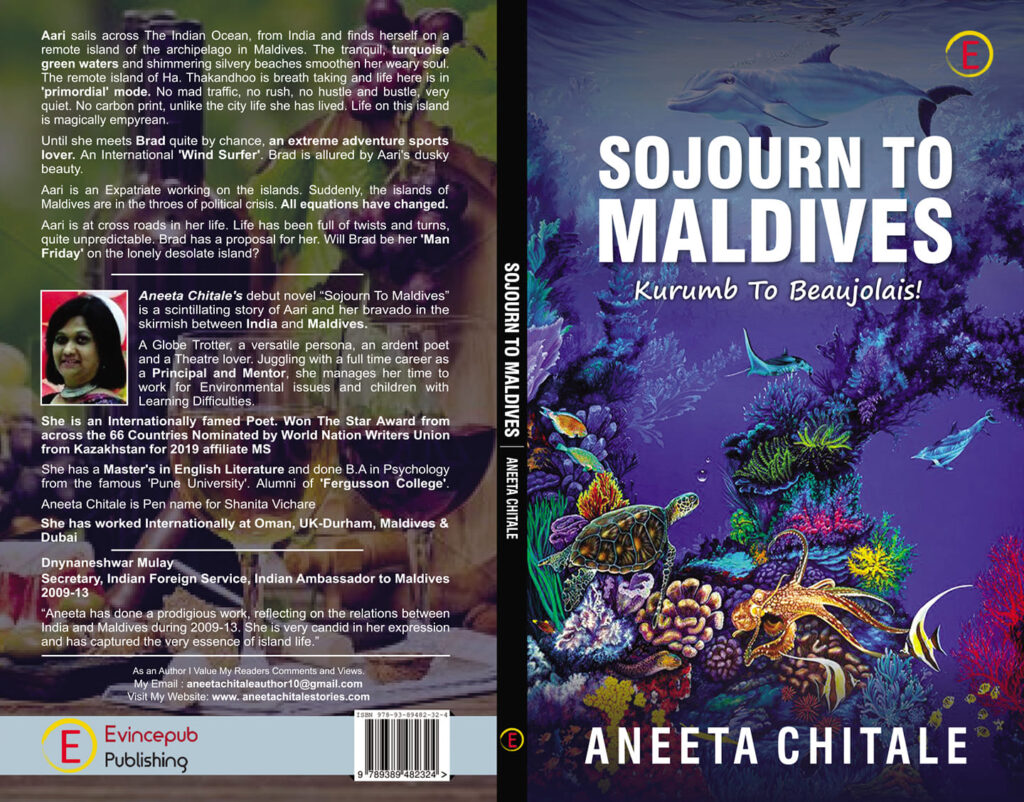
Manohar Khushalani: You are a poetess at heart Aneeta Chitale, and, with an anthology to be released soon, how did you think of writing a novel?
Ans. I have been penning poems since the age of eleven. I used to write and keep them as treasures! I was a bit shy I think when it came to presenting it. But I had strong streaks of an artist; I was very active in theatre and writing, even during my Pune University days.
Q2. Can you tell more about your journey as an: “ Appreciated Poet-from India”. You have just received “Gujarat Sahitya Academy Certificate from Government of India Year 2020- and Motivational Strips” the largest Forum for writers all over the world.
Ans. I have been very fortunate to write poems on varied topics, especially on the environment, unprecedented times of the Covid 19 – where life has become a challenge to lead a normal lifestyle. I wrote on a wonderful theme: ‘Striving For Survival’ collection of my poems OPA Forum, out of which three of my poems have featured in OPA International Magazine this year. I am happy to say that my poems were selected from more than 600 + poems from Global Poets-
Most of my poems are on Europe’s most acclaimed ‘atunis.portal’. I am most humbled by The Chief Editor Sir Agron Shele’
My poems ‘ The Three Witches’,’ Gypsy’ and ‘Rhapsody’ made waves. The Best Poets almost 162- contributed to a Quarterly OPA@ E- magazine/Print Year-2020 & For the month –July 2020. And the best part was I have got accolades & given an ‘International Spot Light- from The Government of Seychelles – Island and by World’s Largest Forum Motivational Strips.’ My three poems were widely read: Devi, Grasshopper and Himalayas.
I give my sincere ‘Thanks’ to Ms. Maggie Vijay Kumar & Sir Shiju H. Pallithzeth Founder President of (MS) Motivational Strips.
Recently on 17th August 2020, I received the news that my writings; my novel “Sojourn To Maldives” and poems have been ‘Globally’ appreciated and in India as well overseas. I also write in ‘Bi-Lingual’ journals. Have contributed to few journals especially in Egypt and Greece.
Q3. You have been associated with the teaching profession for the last twenty years in different countries. How did writing happen to you amid such a demanding lifestyle?
Ans. I have been lucky enough to have travelled to different foreign countries like Sultanate of Oman, UK, and The Republic of Maldives during my long service, in teaching filed. When you are working abroad, you have to work hard and cope up with the international standards, and which is highly qualitative work according to the quality frameworks. I have taught to the ‘Sophomores’ which again is very challenging, but at the same time very eclectic I should say. I was always on new locations and amidst the ‘multi-cultural’ society, which provoked me to write. I had been writing in my diary all along. It was only recently, I could write the full novel. I had to write brick by brick, I must admit.
Q4. Having travelled to various countries across the globe; why did you choose Maldives as the setting of your debut novel, ‘Sojourn to Maldives’?
Ans. The Republic of Maldives is an archipelagos, it is formed by a chain of tiny islands; one thousand, one hundred and ninety-nine islands. It’s situated to the south west of India, in the Indian Ocean. It has bioluminous beaches and most exotic water villas, in the whole world. I was mesmerized by the turquoise green waters and the serenity, and its unique topography. Some islands are absolutely remote and miniscule and situated in the deep ocean. When I saw all this, I was fascinated and I knew this was the going to haunt me. Much later, it emerged as a backdrop for my debut novel. Maldives is famous for adventure- water sports
Q5. How is the story of Aari, and Brad in ‘Sojourn to Maldives’ different from the run of the mill romance?
Ans. The protagonist in the novel, Aari is a strong willed woman of today, who has embarked her professional journey on the islands of Maldives. She is an ‘expatriate’ who faces many challenges in her personal and professional life. She explores the new found land. She meets Bard Marquez, a Spaniard, who is an ‘International Champion’ a wind surfer, on these exotic islands; quite by chance the romance blossoms. But the islands of Maldives have a political unrest and fate plays its part. Brad is an adventure freak, an novum and Aari an aficionado of altruism! The relationship has a roller coaster ride! It is for the readers to find out. I would say.
Q6. What kind of research you had to conduct before writing this book which touches on the “political dimensions” between the two counties- India and The Republic of Maldives?
Ans. I had to do extensive research, as my novel is set in the backdrop of the Indian Ocean. The life on the ocean and especially on the remote island; is in total contrast compared to the urban lifestyle I have lived in India. The ocean routes, the seafarer’s and the boat journeys, was minutely, studied by me. The Muslim culture is the fabric woven in this novel. The social, cultural and religious beliefs and sentiments are much valued, respected and penned by me. The ‘Political Crisis’ is the discerning perspective here and it is a glaring reality, portrayed by me.
Q7. As an Indian author, writing a novel of this magnitude depicting an era of ‘Political Turbulence’ how difficult was it for you to incorporate the real – socio cultural milieu in your novel?
Ans. This writing is not just a piece of fiction but it has charted the ‘International Boundaries and routes’ inked with skirmish between India and Maldives. Being a neighbor, have its pros and cons.
The turbulent times between the years spanning from 2008 to 2014 is presented on the canvas. The relations between the two countries were totally raptured in this era. The entire plethora of Indian nationals and foreigners had gone berserk. I had to study it in detail and follow it consistently.
Q8. Your bio describes you as a ‘Solo Traveller’ round the globe. How has this helped you groom as a Poet/author?
I got my highs and lows both in this journey as a teacher. But ‘Highs’ has a price tag too! One learns to be more independent minded, be more brave and learn to face challenges with a smile! As an ‘Expatriate Teacher’ you have to walk on the unchartered routes be it on an ocean or a desert. You have to walk that extra-mile. I had to face many obstacles too and the moment you leave your native country, and after the initial euphoria has died, one is left in a vacuum. That time is most difficult and one has to mature as a person. Being solo – as my son was very young that time. And I had to leave him in India with my parents and my husband. One learns from the book of life! There is no gain without pain.
Q9. With an anthology to be soon published how did you think of writing a novel?
Ans. I have been penning poems since the age of eleven. I used to write and keep them as treasures! I was a bit shy I think, when it came to presenting it. But I had strong streaks of an artist; I was very active in theatre and writing, even during my Pune University days. But this novel is a surprise for me. I had my stories talking to me. Writing a book is a huge task. I had the passion for writing for sure. Being an artist has always paved my way to success. I have done a small role in a Marathi movie when I was 21 years old.
Q10. You have written a story on ‘India’s Bi-Lateral Relations with Maldives’. Can you shed some light on this international relationship between the two countries?
Ans. Maldives is our neighboring country and has got a great strategic importance in ‘The Indian Ocean’. The recent political crisis had turned the friendly ties, into a feud with this nation. There was a dark patch that altered the relations between the two neighboring counties for more than a decade. But India has always been very helpful and friendly. The other great powers, like China had a major role to play a gambit. But the bilateral relations were handled very sensitively by the Indian High Commissioner and Ambassador India, His Highness Dnyaneshwar Mulay -To the Republic of Maldives. Indian High Commission did a commendable job then. Indian Defence Services did a brilliant job, with the precision of eagle’s eye.
One has to read the story, to know about it.
Q11. In this book you have touched on ‘global the water’ crisis? Do you think this is a burning question even in Maldives?
Ans. The one thousand and one hundred and ninety one islands of Maldives have its own fate to face. With the sea levels rising everyday a great climatic shift is going to happen any time in future. The land which is habitable is only 300 kms and the mineral water is most scare here. One has to depend on the two monsoons- this country gets annually. The rain water is the most treasured resource and some islands are totally isolated and if the water perishes there is no future for these islands. Rain water harvesting is a great practice Water is a Global Crisis. Indeed.
Q12. Which authors have influenced you the most in your journey as a writer?
Ans. I have be most impressed with the writings of Khushwant Singh, Girish Karnad, JK Rowling. Poets like Pablo Naruda , S. Coleridge, Maya Angelou and Rabindranath Tagore.
Margaret Mitchell, William Shakespeare. I have always loved reading Henrik Ibsen’s plays.
Q13. With a large number of paperbacks, as well as ebooks being published, how difficult is it for the emerging authors/ poets to sustain the competition?
Ans. I think writing world has got its highest spurt now and the eBooks and paperbacks are both equally, relevant in todays’ fast paced, high tech world. It is a healthy world, where one has both the choices available. But it’s always a great pleasure, to hold the fresh mint paperback copy in your hands. New authors have to learn to ride over this wave.
Q14. In today’s publishing world, a constant debate is going on about ‘Traditional vs Self-Publication’, what is your take on this?
Ans. I am sure the new authors/poets have a great choice to make and enjoy the benefits of Self-Publishing too. One can be happy to self-publish his/ her work, than be frustrated about not being approved by the traditional publishing houses. Both has it’s plus and minus points, I feel.
Q15. What is the message you would like to convey to the budding authors/ poets?
Ans. If you have the skill and desire to write you must write and not be in a dilemma, should I or shouldn’t I write? You must follow your heart’s passion. Writing should be a long term affair. There is no short cut to success.



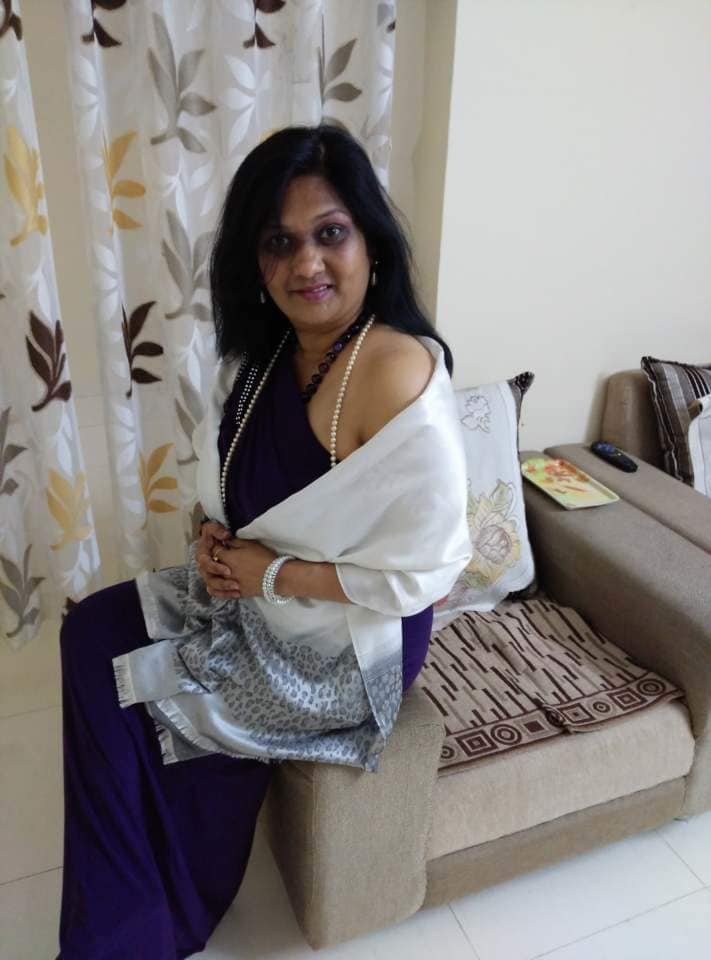

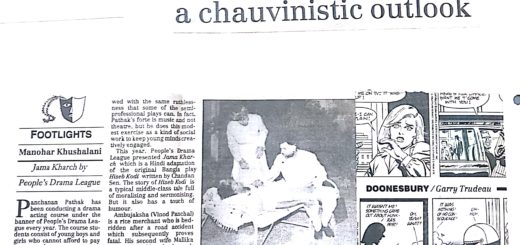




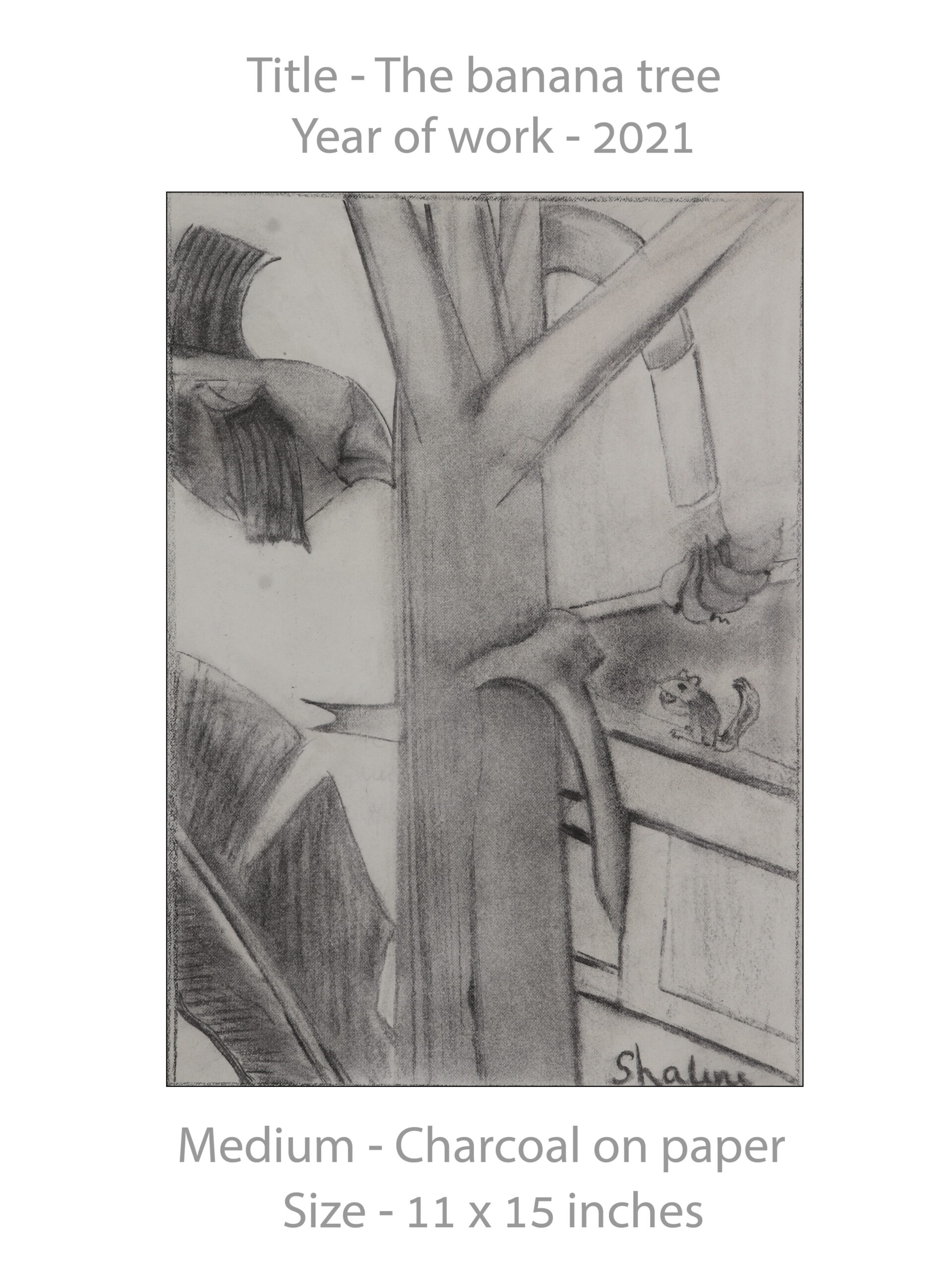
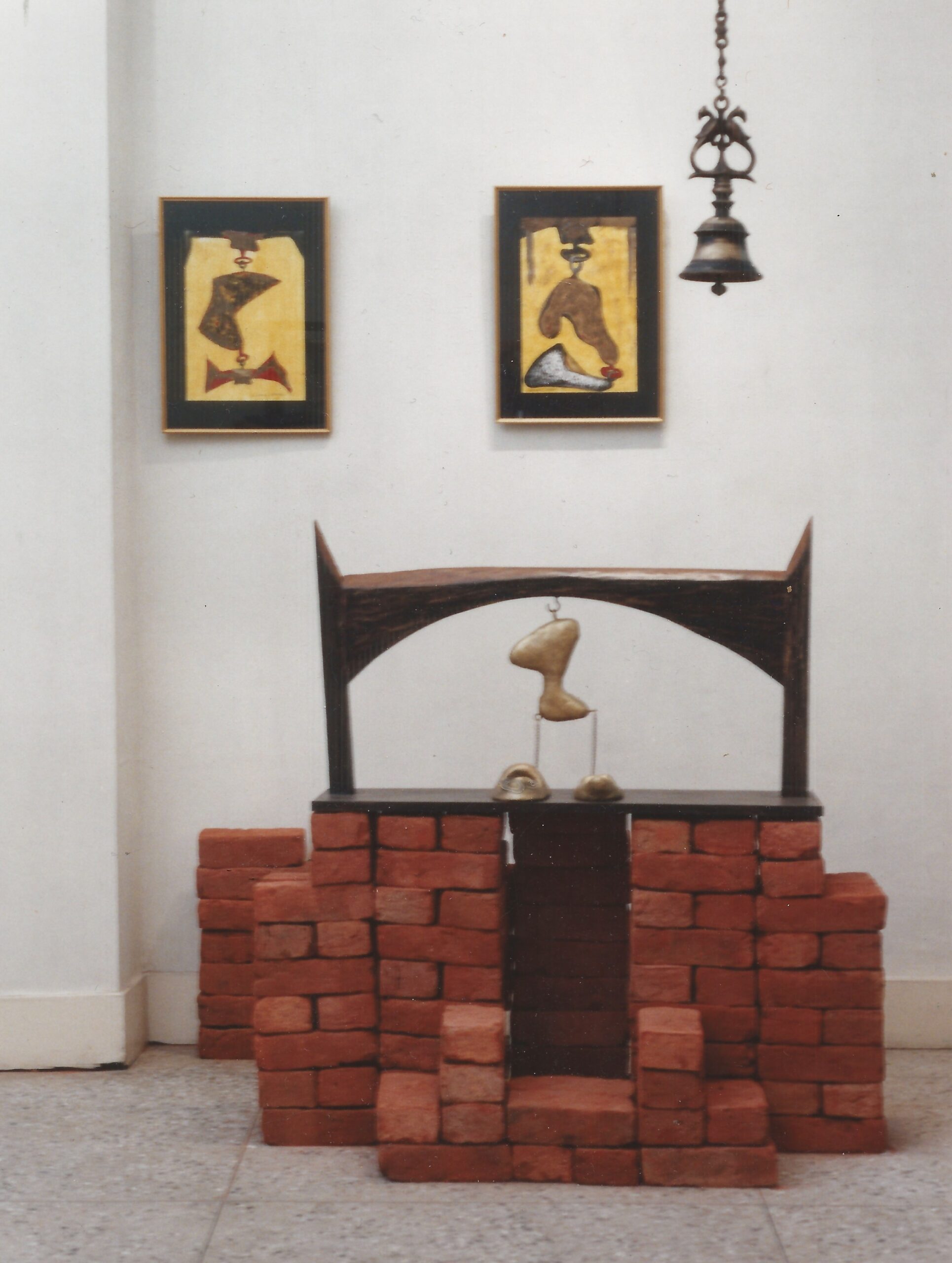
A great and grasping interview, by a knowledgeable interviewer,, to bring out the best from a writer is not a small job,, I benefited from the concise and to the mark conversation,, thanks and all the best to both, 🙏🙏🌹
Thanks for your support to the Author